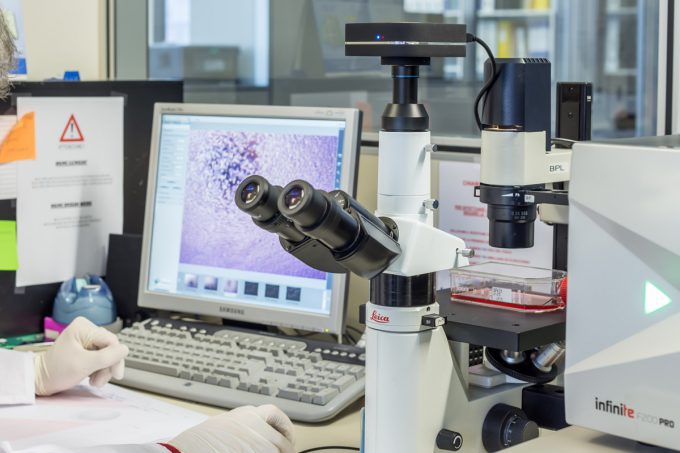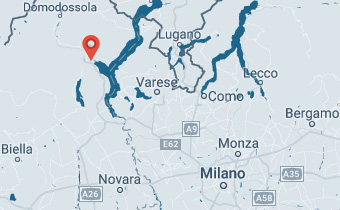Keeping up with the times and a context in constant evolution is the spirit of Abich’s Research and Development Division, which participates in many regional, national, and European scientific projects.
Abich has a highly-specialised team that is constantly learning and updating their skills, to make sure they possess the necessary competences to carry out their research activity in collaboration with prestigious companies and organizations.
The studies performed by Abich cover several research fields, from biotechnology to medicine, and aim at acquiring greater knowledge and design new solutions to constantly innovate the consultancy and services for customers.

 Abich was assigned a grant for the Epatocare project by the Piedmont regional administration (see Epatocare Press Release).
Abich was assigned a grant for the Epatocare project by the Piedmont regional administration (see Epatocare Press Release).
The project was born with the aim of identify early biomarkers of liver fibrosis for a non-invasive diagnosis. The reference cluster for the project is LIFE SCIENCE, led by the bioPmed cluster.
Abich, together with the Molecular Biotechnology Centre of the University of Turin, studied extracellular microvesicles (EVs) originating in the liver and present in blood, as a source of diagnostic markers: the results of these studies are described in the article “Circulating Extracellular Vesicles Contain Liver-Derived RNA Species as Indicators of Severe Cholestasis-Induced Early Liver Fibrosis in Mice” (Antioxid Redox Signal.2022 Jan 4. doi: 10.1089/ars.2021.0023).
Project Manager: Paola Bazzoni
Scientific director: Elena Bocchietto

 In 2012, Abich became the only Italian partner in the SMARTNANO European project.
In 2012, Abich became the only Italian partner in the SMARTNANO European project.
The project was created to develop an innovative, easy-to-implement, cost-effective technology platform for the detection, identification, and quantification of engineered nanoparticles in complex matrices like biological systems, consumer products, food, etc.
During the project, Abich developed an innovative analytical technique (IFFFF) for the detection of nanoparticles in cosmetic and food complex matrices.
The project was completed with satisfying scientific results in 2016.










